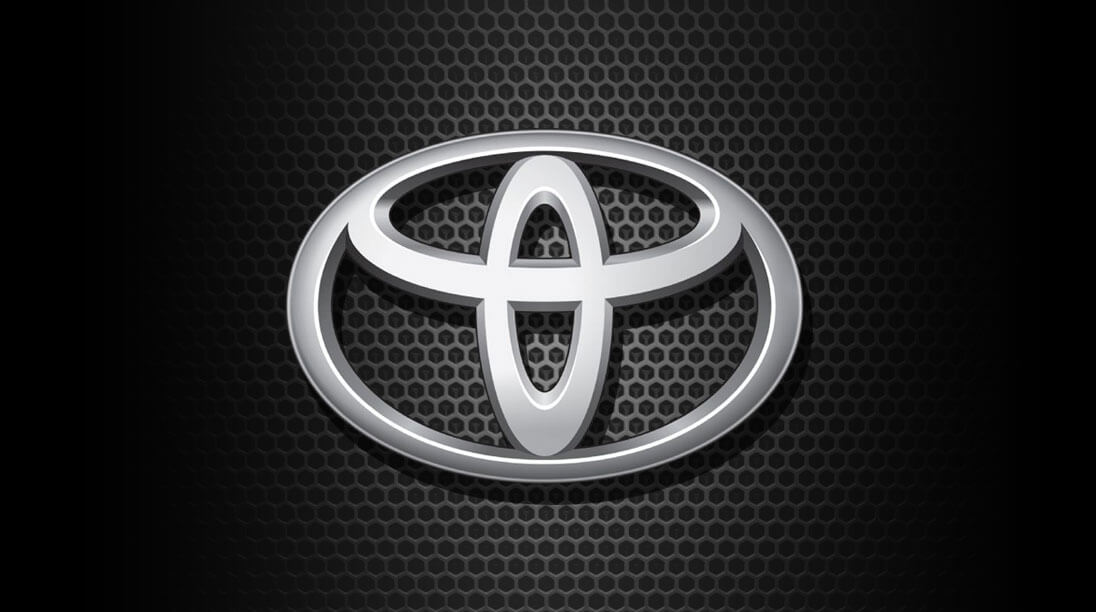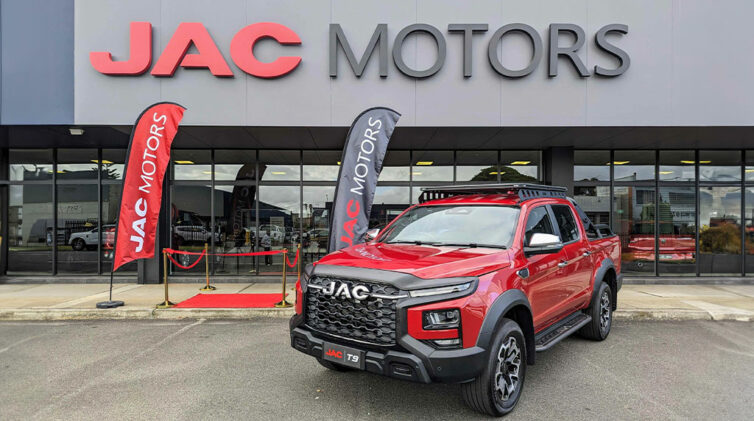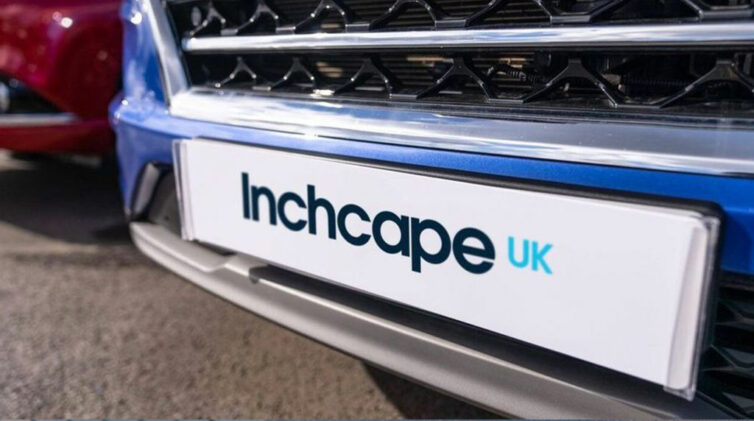Toyota’s aggressive share buying has formed partnerships and alliances aimed at sharing the expense of creating new products and maintaining a strong position in developing technology.
With Suzuki, the aim is to expand autonomous and EV development.
However, the strengthened alliance also bolsters Toyota’s position in the world’s fourth biggest automobile market, India, where the Maruti Suzuki joint venture has a market share of about 51 per cent.
India is on pace, according to economists, to take over Japan as the world’s third biggest market behind China and the US.

TMC also has a car manufacturing position in India through its 89 per cent share in Toyota Kirloskar, which has products including Fortuner, Yaris and Corolla and a 4.5 per cent market share.
The financial partnership comes soon after Suzuki agreed to rebadge two of its vehicles with Toyota badges for sale in India and to have one of Toyota Kirloskar’s Indian factories manufacture a Suzuki SUV.
Toyota also gets access to Maruti Suzuki’s marketing and production expertise in small vehicles for third-world country sales. This has applications for Toyota throughout South-East Asia.
In addition, both will now begin to promote new hybrid cars in India using Toyota technology and Indian components.
Spreading itself further into the huge Indian market, Toyota has a five per cent share in Yamaha Motor that manufactures motorcycles in three plants in India. Yamaha has 3.8 per cent of the 20 million motorcycle sales in India.
In a joint statement announcing their partnership, Toyota and Suzuki said: “The automobile sector is currently experiencing a turning point unprecedented in both scope and scale, not only because of enhanced environmental regulations, but also from new entries from distinct industries and diversified mobility businesses.
“To take up challenges together in this transitional era, the two companies plan to establish and promote a long-term partnership.”
Toyota is the third partner that has danced with Suzuki in the past nine years, when the fuel-cell and hybrid car venture with General Motors ended in 2010.
Suzuki then announced a partnership with Volkswagen and a 19.9 per cent purchase of Suzuki shares by the German auto giant. The deal involved Suzuki ceasing its engine purchase agreement with PSA Group and using Volkswagen’s engines, particularly its diesels.
But marriage is hard work and Suzuki and Volkswagen called off the alliance in 2015.

Now it is Toyota’s turn down the aisle. Ahead is a greater slice of the Indian passenger vehicle market that sells about 2.7 million units a year.
Maruti Suzuki has 51 per cent of this market, followed by Hyundai (16.2 per cent), Mahindra (7.3 per cent), Tata (7.0 per cent), Honda (5.2 per cent) and Toyota Kirloskar with 4.5 per cent. Other brands include Ford and Nissan.
An interesting sideline to the Indian car play was the marriage last month of Manasi Kirloskar, daughter of Toyota Kirloskar vice-chairman Vikram Kirloskar, and Neville Tata, son of Noel Tata who is chairman of Tata Industrial and the half brother of former Tata head and founder Ratan Tata.
The new agreement between Suzuki and Toyota is an extension of a partnership struck in October 2016 and this time commits Suzuki to buy shares in Toyota, estimated at 0.2 per cent and worth $660 million.
In the bigger picture, the financial tie-up has benefits for Toyota and its other subsidiaries, with a flow-on of technology, production facilities, design and production economies, sales outlet commonalities and distribution and warehousing.
Toyota is increasingly moving into autonomous vehicles and, after previously working with Geely and Baidu on the technology, has this month said it would work with Chinese start-up Pony.ai and begin public road trials.
Now Toyota has Suzuki joining under its umbrella with Daihatsu and Hino (both fully owned subsidiaries), Mazda (with whom Toyota has wide-ranging technological and production partnerships and a 5.05 per cent financial stake), and Subaru (now up to 20 per cent).
Together, Toyota and its alliances produce more than 16.5 million vehicles a year.
Toyota is not alone in its collaborations.
Ford and Volkswagen have increased their partnership to work on electric vehicles and autonomous technology, and Renault and Nissan recently signed an exclusive deal with Waymo to develop autonomous transport services in Japan and France.
By Neil Dowling













 Read More: Related articles
Read More: Related articles

